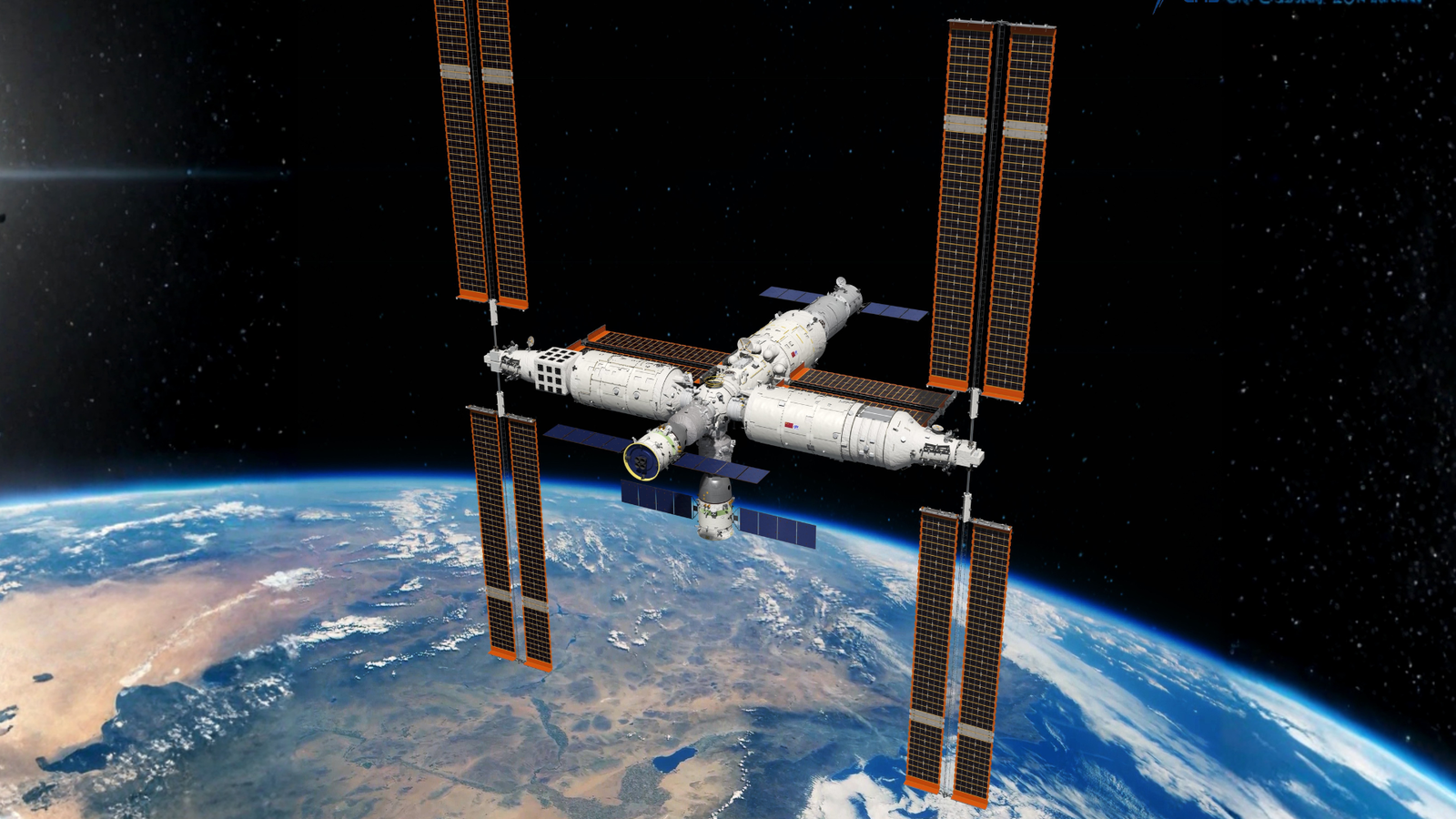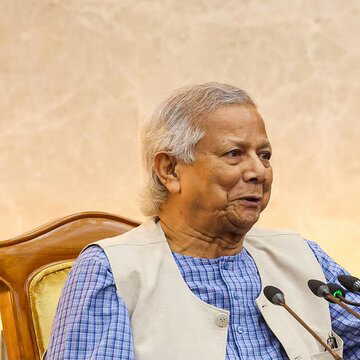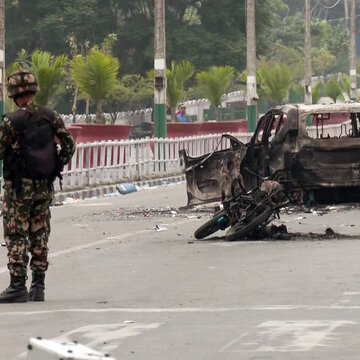China has conducted its first recorded emergency space launch after three astronauts were left without a return vehicle at the Tiangong space station. The incident occurred after the Shenzhou-20 return capsule, destined to carry back home its own crew, got hit by space debris, which prompted Chinese space authorities to retask the Shenzhou-21 spacecraft to bring those astronauts home. The crew members of the Shenzhou-21- Zhang Lu, Zhang Hongzhang and Wu Fei, have been left in orbit with no escape available.
Also Read | Israeli PM Netanyahu’s December India visit postponed over security concerns after Delhi blast
As per a report by the Mint, China Manned Space Agency (CMS) confirmed that the astronauts remain in "normal working condition," but their departure had been delayed after the previous capsule had sustained cracks from the debris impact. The collision was detected during the handover operations between the Shenzhou-20 and Shenzhou-21 missions.
Beijing launches Shenzhou-22 as a rescue vessel
To ensure that their astronauts return safely from Shenzhou-21, China launched the uncrewed Shenzhou-22 spacecraft on Tuesday, November 25, at 12:11 BJT from the Jiuquan Satellite Launch Centre into orbit with a full load of supplies. The replacement return vehicle was carried by a Long March-2F rocket.
The Chinese Space Station's official X handle pointed out that Shenzhou-22 was originally scheduled as a manned mission for April 2026 and has now been reassigned for emergency use. According to Yang Yuguang, Chair of the Space Transportation Committee at the International Astronautical Federation, this reassignment became necessary "only 20 days after authorities had found cracks" on Shenzhou-20.
Also Read | Lauren Sánchez shares Jeff Bezos’ precious reaction to Blue Origin’s New Glenn success
As per the report by the Mint, he further drew parallels with other incidents in space, including Russia's Soyuz-MS22 coolant leak from a debris strike in 2022 and Boeing's Starliner propulsion issues that delayed the return of NASA astronauts Sunita Williams and Butch Wilmore for months.
In contrast, he said that China was able to carry out its contingency plan within days. Shenzhou-20 astronauts, already in space for over 200 days, were brought back using the Shenzhou-21 spacecraft.









